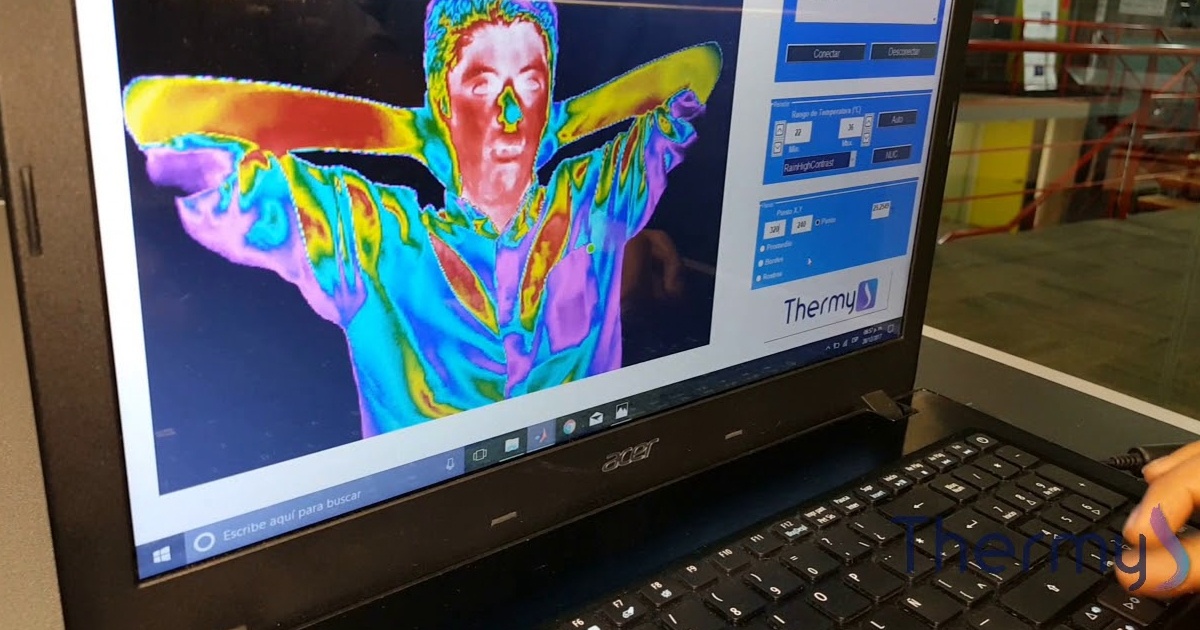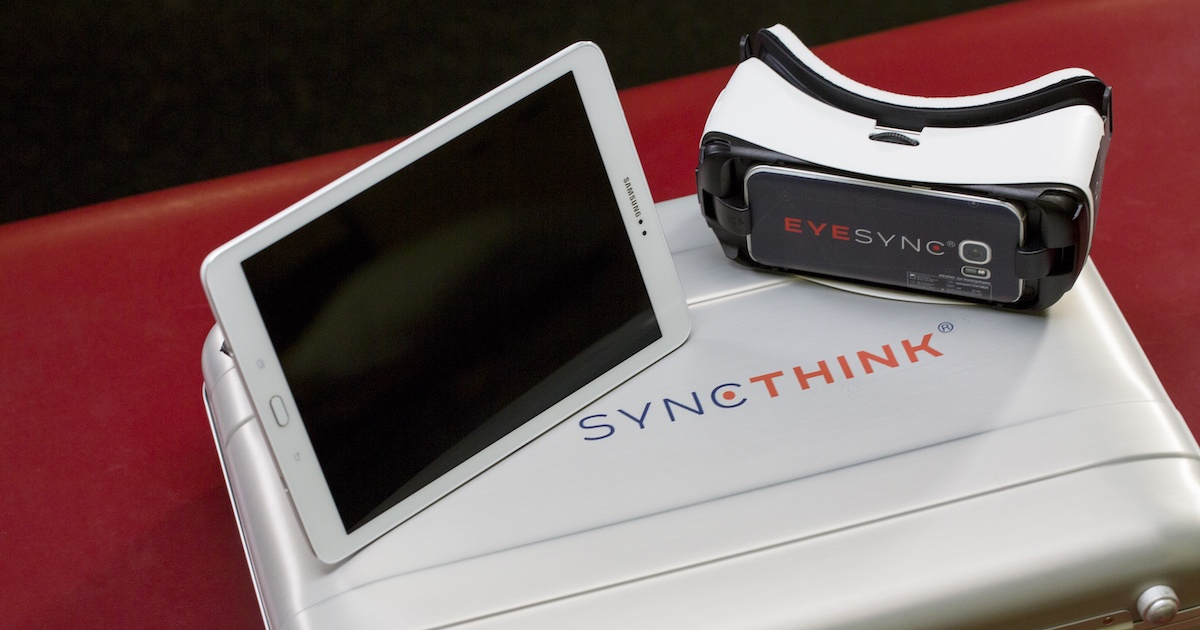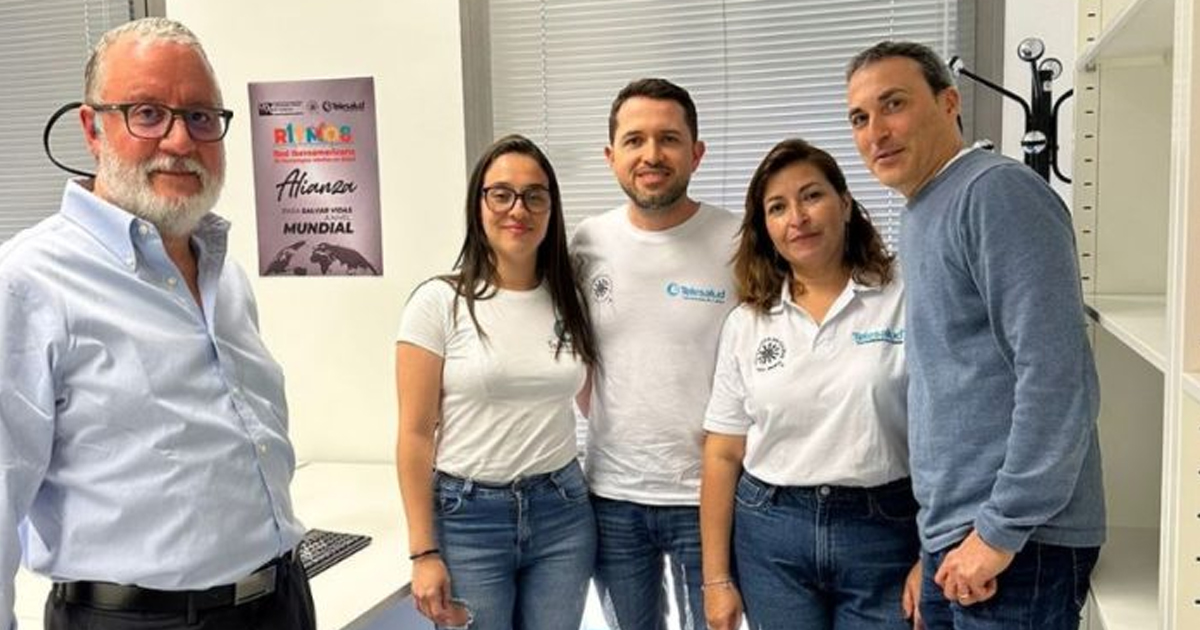Mayo Clinic researchers have developed an Artificial Intelligence algorithm that sends signals to a wearable to identify weak heartbeats.
Mayo Clinic developed an algorithm that uses EKG signals from an Apple Watch to identify weak heart pumping or bradycardia. This advance specifically seeks to identify low ventricular ejection fraction, which is a sign of heart disease, such as cardiomyopathy.
This development could be an important advance in the implementation of more accessible resources for the identification of patterns of heart disease. In this way, it could be easier to carry out traditional ECGs that require the 12 electrodes to be placed on the chest, arms and legs.
To test the algorithm, patients signed up via email to participate in a decentralized prospective study. Thanks to the high participation, the tool to be developed was scalable for the detection and monitoring of cardiac patients. The study abstract was recently presented at a Heart Rhythm Society conference.
“What is important is that once we know there is a weak heartbeat, there are many treatments available to save lives and prevent symptoms. It is absolutely remarkable that AI transforms the ECG signal from a consumer watch into a detector for this condition, which would normally require an expensive and sophisticated imaging test such as an echocardiogram, CT scan or MRI,” explained Paul Friedman , chairman of the Department of Cardiovascular Medicine at Mayo Clinic in Rochester.

Research showed that the 12-lead ECG and AI algorithm can identify weak heartbeats, and this information is important for disease detection.
In addition, to connect the AI algorithm and the wearable, researchers at the Mayo Clinic Digital Health Center developed an exclusive mobile app for the more than 2,400 participants. "The app securely sends all previous and additional surveillance ECGs as they are recorded by patients to Mayo's secure data platform," Mayo Clinic explained in its news release.
“Advanced diagnostics that once required traveling to a clinic can be performed with precision, as this Apple Watch ECG study demonstrates, from the wrist of a patient, whether they live in Brazil or Baton Rouge. App-based access to a medical center can help address health disparities by making real-time, high-level diagnoses accessible to more people,” said Bradley Leibovich, medical director of the Mayo Clinic Center for Digital Health.
In this way, through the use of AI and a mobile device supported by an app, it was possible to obtain relevant medical information for the prevention or detection of diseases in a simple way.
MAYO CLINIC
HEALTH IT ANALYTICS
https://healthitanalytics.com/news/mayo-clinic-developed-ai-algorithm-can-detect-weak-heart-function
AURORA HEALTHCARE
https://es.aurorahealthcare.org/services/heart-vascular/conditions/low-ejection-fraction






